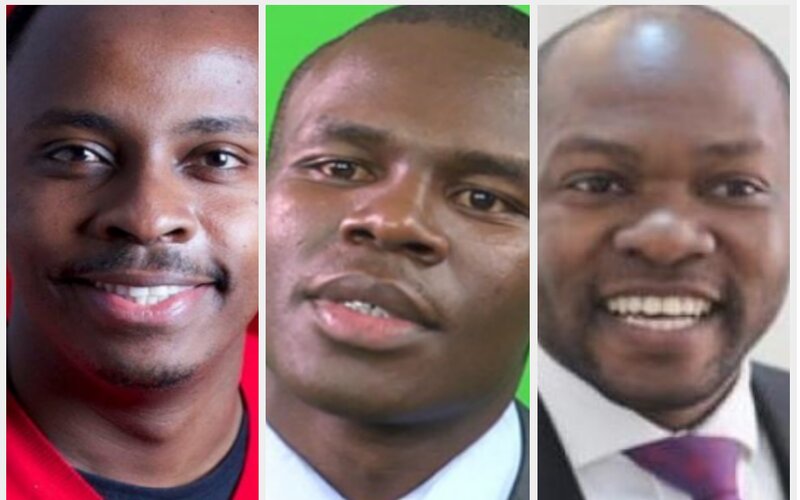×
The Standard e-Paper
Smart Minds Choose Us

From left to right: Kenyans MPs John Kiarie (Dagoretti South), Sylvanus Osoro (South Mugirango) and Caleb Amisi (Saboti). [Standard]
On Monday, May 17, a section of Rastafarians in Kenya went to court seeking the legalisation of marijuana cultivation, use and sale in the country.